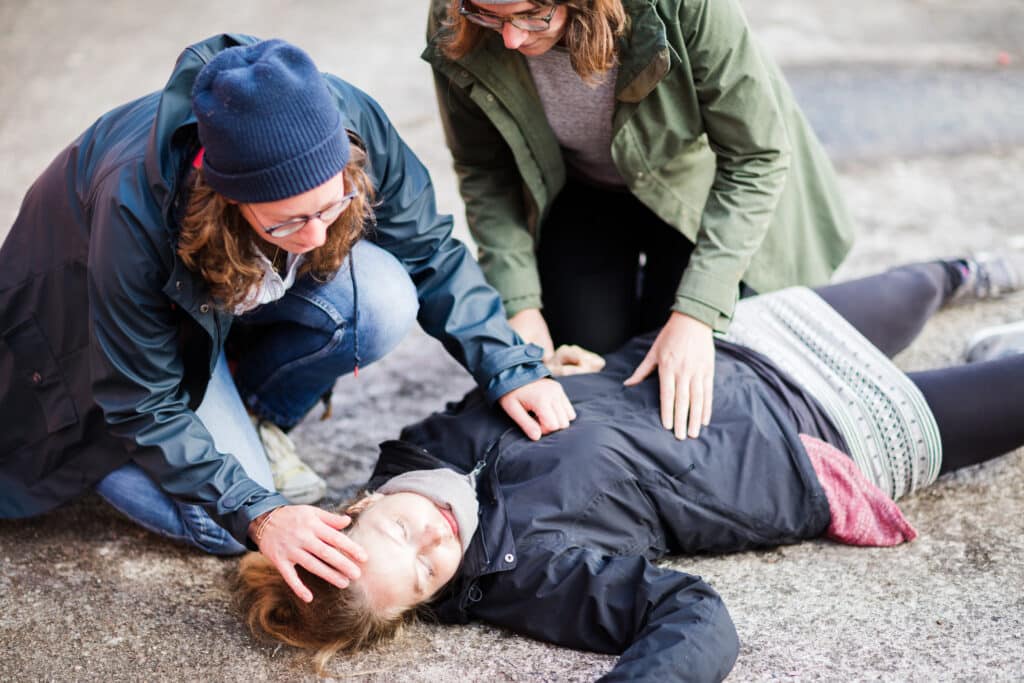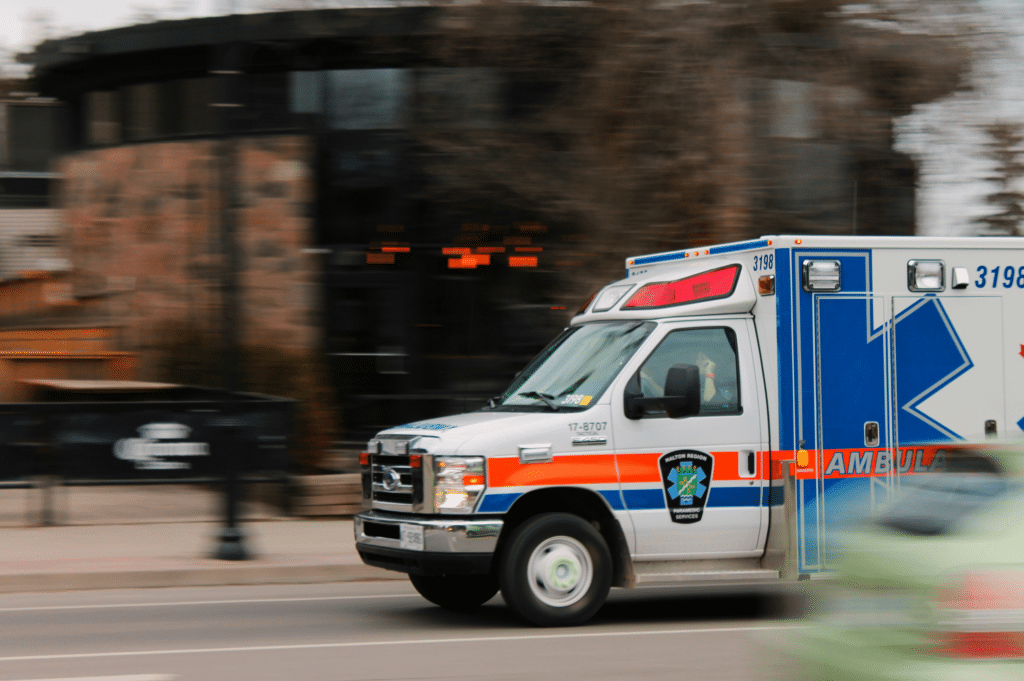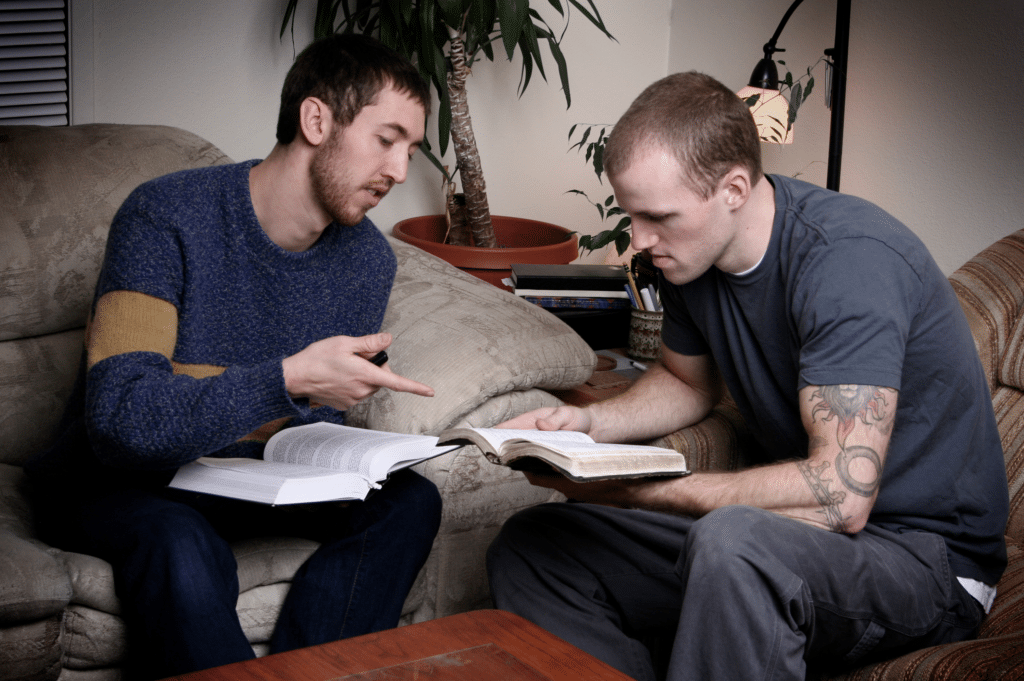Although America continues to battle the ongoing opioid crisis, people experience fentanyl overdoses every day. According to the most recent statistics from the CDC, an average of 305 people die from drug overdoses each day. A reported 111,355 overdose deaths occurred in a 12-month period ending in April 2023.
These statistics are harrowing, and it’s never been more important to be aware of opioid addiction around you. If you or someone you know takes prescription opioids or is struggling with opioid misuse, it’s essential to understand how overdoses work. More so, it’s equally important to learn how to respond to an overdose and prevent it in the future.
Signs of an Opioid Overdose

When someone overdoses on opioids, it can be difficult to tell the difference between regular intoxication and an overdose state. Every person has a slightly different reaction to an overdose, but typical symptoms include:
- Loss of consciousness
- Being unresponsive to outside stimuli
- Being awake but unable to speak
- Breathing very shallowly or erratically
- Making choking or gurgling noises that may sound like a snore
- Vomiting
- A bluish or ashen skin tone
Someone experiencing an opioid overdose will most likely be limp if you attempt to pick up their hand or move them. Their face may be pale and clammy and their fingernails may change color to a dark blue or purple due to lack of oxygen. The person’s pulse could also be slow, erratic, or even undetectable.
Signs of a fentanyl (a more potent synthetic opioid drug) overdose will be similar to those mentioned above. It’s important to treat each situation as a potential overdose, even if you are not sure what type an emergency the individual is having.
If you suspect someone in your presence has overdosed on opioids, do the following:
- Call 911 right away and let them know you need an ambulance for an overdose.
- Try to rouse the person by shaking them and talking to them.
- Put the person in the recovery position by moving them onto their side and tilting their head back to prevent them from experiencing further breathing problems.
- Administer naloxone if it is available to you and follow the instructions provided.
- Stay with the person until emergency responders arrive, and stay around for a while afterward, if possible.
If possible, place the person in the recovery position before administering naloxone.

What is Naloxone?
If you or someone you know is at risk of opioid overdose, consider keeping an overdose reversal drug handy. The medication is called Narcan (or naloxone) and administered as a nasal spray.
Naloxone, commonly known as Narcan, is a medication that can quickly reverse an opioid overdose in emergency situations. It works by pushing other drugs off of opioid receptors in the brain, which reverses and blocks their effects. Its main action is restoring respiration to people who have slowed breathing or stopped breathing as a result of overdose.
Read more on how to use Narcan properly here. Please note that even if you have administered Narcan, you should call emergency services. The person overdosing will still need medical assistance from professionals. In some cases, one dose of naloxone may not be enough, but it will help the individual experiencing an overdose until EMTs arrive.
There is also an epi-pen version of naloxone called ZIMHI, or naloxone HCI. It requires a prescription and is very effective.
What Happens to Your Body When You Overdose on Opioids?
Whether someone takes a painkiller or injects an illicit opioid, the substance spreads throughout the body. It quickly goes to the heart, lungs and brain. On its journey through the system, the opioid engages receptors responsible for the various effects seen during an overdose.
In the brain, opioid drugs interact with opioid receptors that are involved with the production of dopamine. The drugs cause the brain to release more of the “happy” chemical, more than could ever be achieved in nature. The rise in dopamine causes the person to feel euphoric, moving between states of sleep and consciousness. This symptom is also known as “nodding off.”
Most importantly, opioids interfere with the part of the brain that regulates unconscious breathing. During an overdose, the factor that determines life or death is usually oxygen availability. With depressed breathing, the lungs aren’t able to transfer enough oxygen to the blood. The heart can start beating erratically, leading to potential cardiac arrest.

Why Can an Opioid Overdose Cause Death?
Opioids interfere with the brain’s ability to control unconscious breathing. This function works while you sleep, as you can’t feel yourself actively breathing air around you.
Lack of oxygen causes the brain to stop communicating correctly with the rest of the body. This lapse in function leads organs to shut down. Oxygen deprivation of just a few minutes can lead to seizures and brain damage or a toxic brain injury (TBI).
Other ways the body reacts during an overdose include the following:
- Blood vessels constricting or collapsing, suppressing blood flow
- Seizures due to lack of blood flow to the brain
- Pulmonary edema, a condition where fluid fills the lungs
All of these symptoms of overdose can cause fatal pulmonary aspiration. In layman’s terms, a person’s lungs fail to inhale oxygen and they run out of air. This can all happen within minutes of an overdose, which is why it’s important to act quickly.
Because these processes occur internally, you may not see them or notice them right away. If you see some of the more visible symptoms in your body or someone around you, get help immediately. Outward symptoms signal that something is seriously wrong and could prove to be fatal.
Preventing Opioid Overdose
For those taking prescription opioids, following your physician and pharmacist instructions is the best way to prevent an accidental overdose. These guidelines can help avoid an overdose on prescribed opioids:
- Do not mix alcohol with your medication, as it dramatically increases the risk of overdose.
- Do not take new medication alone or in unfamiliar settings.
- Do not take more than the prescribed dosage.
- When switching to a new dosage or type of medication, start at the lowest dose before requesting a higher one.
People taking illicit opioids are much more likely to overdose. Their heightened drug tolerance and intention of achieving a high can put them in serious risk.
When injected, illicit opioids result in higher concentrations of the drug entering the bloodstream at a quicker pace. A significant threat also occurs when illicit medications include other drugs like fentanyl. The stronger but less expensive opioid fentanyl has been responsible for most overdoses in the past few years.

How to Support Someone After an Overdose
Whether they’re going into treatment or returning home, a loved one recovering from a drug overdose needs compassion. They need to know they have people on their side. They will face many challenges as they work on maintaining their recovery. Having someone they know they can confide in can make things just a bit easier.
Being part of their support system can include:
- Checking in on them: Addiction recovery can be an isolating journey. Many people struggling with addiction are embarrassed and ashamed to reveal their challenges. Asking them how they’re feeling and allowing them to be open and honest may help them feel less alone. Compassion can help reduce their likelihood of relapsing.
- Listening without judgment: When you invite someone to talk about their thoughts and feelings, listen attentively and without judgment. They may feel guilty about their past actions and have a negative self-image because of that. Show them that they are more than their past by encouraging them to move forward on the right path.
- Avoiding conflict and triggers: When at all possible, try to avoid bringing up past disputes or sparking any new conflicts with them. Furthermore, if you know some of their triggers, try to prevent broaching those subjects and places. Allow them to settle into their new routine in recovery and be patient while they learn how to cope with conflict without drugs before addressing situations.
- Encouraging healthy activities: Perhaps your loved one needs help remembering to take their medication or drink enough water throughout the day. For someone in recovery, maintaining healthy habits like a good diet and exercise can make avoiding relapse easier.
Above all, ensure you’re setting healthy boundaries for yourself and taking on only what you can handle. While support is important, it should not come at the expense of your own health. Educate yourself on what you can do and recognize when you’re at your limit. This way, you can continue being a helping hand for as long as they need you.
What’s Next After an Opioid Overdose?
If you or someone you know suffers an opioid overdose, it means that addiction treatment is the next necessary step. Of the types of opioid addiction treatment available, medication-assisted treatment (MAT) is the most effective. It is a combination of FDA-approved medication administered in conjunction with psychosocial counseling. Studies show it is more effective than behavioral or medication interventions on their own.
Options include methadone and buprenorphine, as well as buprenorphine compounds such as Suboxone. These medications prevent or reduce the worst symptoms of withdrawal, allowing people to stop abusing opioids safely.
At AppleGate Recovery, we have found that buprenorphine compounds are the most effective MAT medication. The benefits of Suboxone treatment are far-reaching. It is an appropriate method of treatment for people with a wide variety of needs. Perhaps the greatest benefit is privacy and flexibility.
Whereas methadone treatment requires daily visits to a treatment center, our office-based opioid treatment (OBOT) program does not. OBOT allows individuals in treatment to get a prescription filled at a pharmacy of their choice and self-dispense at home.
Suboxone also has the lowest risk of abuse of all the FDA-approved MAT medications due to its inclusion of naloxone. If you attempt to misuse Suboxone by crushing it or dissolving it for injection, the naloxone kicks in. It will immediately produce unpleasant withdrawal symptoms, making it almost impossible to misuse.
OBOT is also much more affordable than options like residential or partial hospitalization treatment. It still provides participants with the same skills and resources needed to succeed in recovery.

Trust AppleGate Recovery for Your Path to Healing
At AppleGate Recovery, we specialize in medication-assisted treatment and recovery services for adults. Across our multiple locations, our team of physicians and other care professionals provides each patient with a comprehensive treatment plan. Each of our treatment centers focus on an individual’s needs. In addition, our knowledgeable staff is dedicated to ensure every individual receives the support they need to overcome opioid addiction.
If you or someone you care about has experienced an overdose or is struggling with opioid addiction, take the first step towards recovery. There is no time to waste in getting the help necessary to heal. Call AppleGate Recovery at 888.488.5337 or fill out our contact form to get started.

Contact AppleGate Recovery Today
If opioid addiction is impacting your life or the life of someone you care about, reach out to our treatment center. We are here to provide the support and care you need to take the first step toward recovery.
Call 888.488.5337
